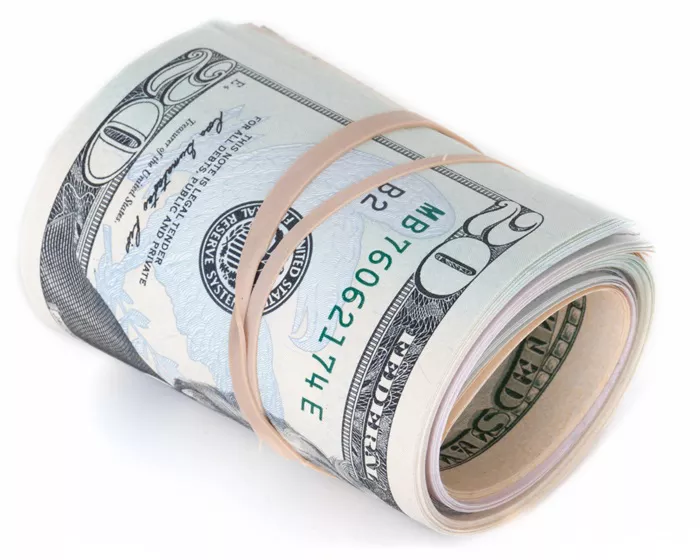The U.S. dollar’s sharp rally following Donald Trump’s presidential election victory is intensifying pressure on the Bank of Japan (BOJ) to raise interest rates as early as December. The surge in the dollar, fueled by expectations of tax cuts and tariffs, is not only stoking inflation fears but also driving the yen toward levels that could prompt Japanese policymakers to act decisively.
Following Trump’s win, the dollar strengthened rapidly, pushing the yen to a three-month low of 154.71 on Thursday, a notable decline from 140.62 in mid-September. While a weaker yen helps boost Japanese exports, it has created significant challenges for the country, particularly by raising the cost of imported goods like fuel and food, thereby squeezing consumer spending.
Inflation has already become a growing concern in Japan, with rising prices contributing to the ruling coalition’s poor performance in the recent general election. On Thursday, Japan’s top currency diplomat, Atsushi Mimura, issued a stern warning about excessive yen depreciation, signaling that authorities were prepared to intervene if the currency’s decline became too severe.
One of the BOJ’s primary concerns is the potential for the yen to fall back to its three-decade low near 162 to the dollar, a level reached in July, which prompted the central bank to raise interest rates to 0.25%. This sudden move came amid intense political pressure, with lawmakers from the ruling party calling for the BOJ to act in response to the yen’s sharp depreciation.
Although Prime Minister Shigeru Ishiba initially surprised markets in early October by stating that Japan’s economy was not ready for further rate hikes, he later backtracked, clarifying that he would not interfere with the BOJ’s policies. However, analysts suggest that as the yen weakens further, even those cautious about rate hikes may eventually support the BOJ’s actions to prevent a slide into deeper currency depreciation.
“The weak yen could push the BOJ toward a series of steady rate hikes,” said Tsuyoshi Ueno, a senior economist at NLI Research Institute. The BOJ ended its decade-long ultra-loose monetary policy in March and raised short-term rates to 0.25% in July, signaling progress toward its 2% inflation target.
While many analysts expect the BOJ to raise rates again by March 2024, there is debate over whether this could happen sooner, in December, or if the central bank might wait until more data is available in early 2024.
The recent volatility in the yen heightens the likelihood of a December rate hike, especially given the BOJ’s sensitivity to the currency’s decline, which drives up import costs. “The BOJ’s decision to raise rates in July was partly influenced by concerns over excessive yen depreciation,” noted Shinichiro Kobayashi, a principal economist at Mitsubishi UFJ Research and Consulting.
A key threshold for the BOJ is the 160 yen to the dollar mark, a level at which the risk of a rate hike—and possibly currency intervention—would become more likely. Tomoyuki Ota, chief economist at Mizuho Research, concurs, stating that the 160 yen level is seen as the line in the sand for Japanese authorities.
In July, Japan’s government and the BOJ coordinated a response to the yen’s sharp decline, with authorities spending 5.53 trillion yen ($35.8 billion) on foreign exchange market interventions. That move coincided with the BOJ’s decision to hike interest rates and send a clear signal of its intention to push borrowing costs higher.
Recent comments from BOJ Governor Kazuo Ueda have further fueled speculation about near-term rate hikes. His hawkish stance, coupled with the growing pressure from a weakening yen, has driven the dollar down toward 150 yen, with analysts predicting that a continued acceleration in the yen’s depreciation would significantly raise the chances of a rate hike in December.
“There’s no doubt the market is leaning toward a weaker yen,” said Ota. “If the yen continues to fall at an accelerated pace, the probability of a December rate hike will increase, and the government and BOJ will likely act swiftly, possibly including currency intervention.”
In summary, Trump’s election victory and its aftermath have created a volatile environment for the yen, placing Japan’s central bank at a crossroads. Rising inflation and the threat of a weaker currency could force the BOJ to act sooner than expected, with currency intervention and interest rate hikes looming as potential responses to safeguard economic stability.
Related topics:


